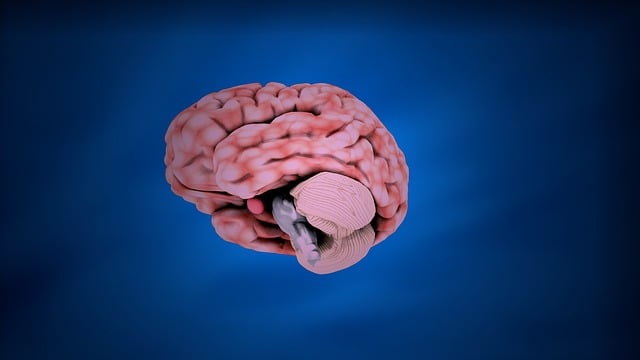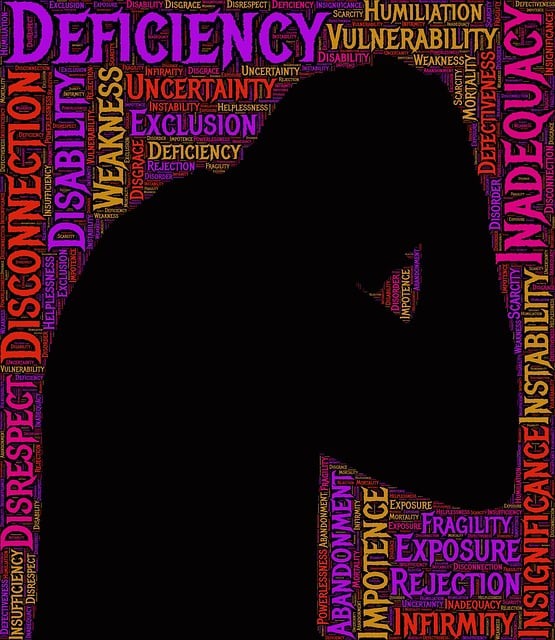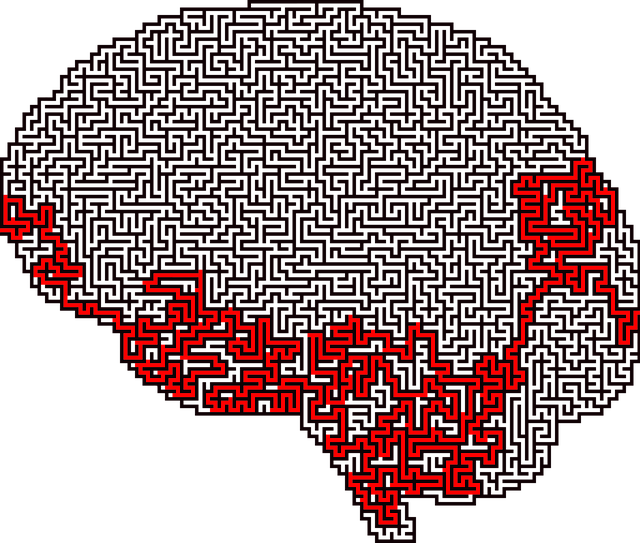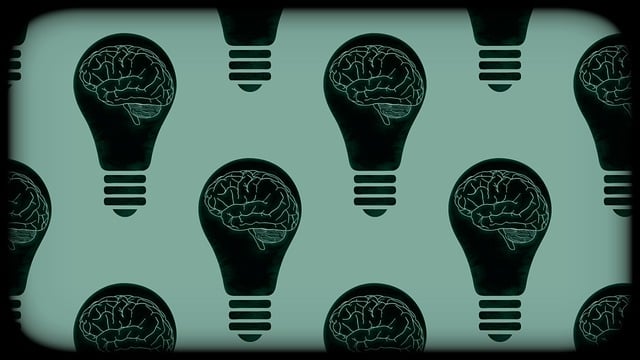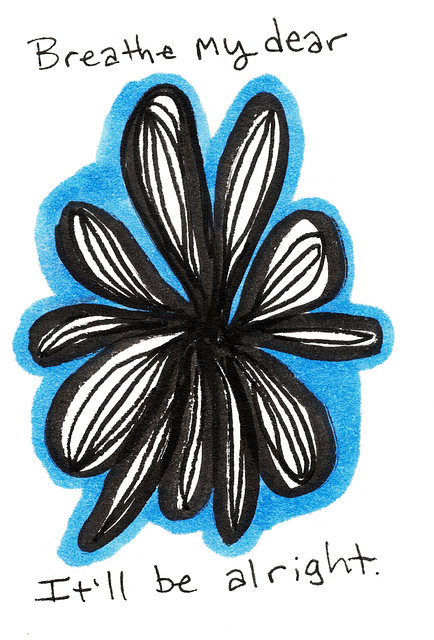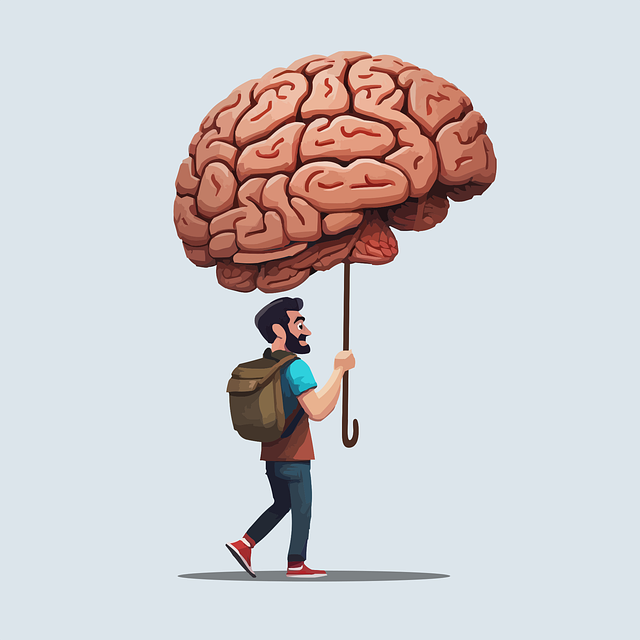Depression among the elderly is a pressing issue, but with proactive strategies, we can empower seniors to navigate mental health challenges. This article explores essential prevention tactics, focusing on recognizing the subtle signs of depression in the elderly and offering guidance on effective therapy options, including crisis counseling. By implementing these strategies, we aim to support and improve the overall well-being of our aging population, ensuring they receive the help they need before it’s too late.
- Recognizing the Signs: Understanding Elderly Depression
- Therapy and Counseling Options for Effective Intervention
- Proactive Strategies to Foster Mental Well-being in Seniors
Recognizing the Signs: Understanding Elderly Depression

Depression among the elderly is a growing concern, often overlooked due to societal stereotypes and age-related misconceptions. Recognizing the signs is a crucial step in preventing this devastating condition. The symptoms can be subtle but significantly impact an older adult’s daily life and overall well-being. For instance, persistent sadness, loss of interest in activities once enjoyed, changes in appetite and sleep patterns, fatigue, difficulty concentrating, and feelings of worthlessness are common indicators. Mental health awareness is essential here, as many elderly individuals may struggle to communicate these emotions directly.
Early intervention through crisis counseling and therapy for elders can be a game-changer. These services provide a safe space for seniors to express their feelings and concerns, offering tailored support and strategies to improve mental wellness. Mental health education programs designed specifically for the aging population can also empower them to recognize and manage depressive episodes. Incorporating these initiatives into community outreach and care systems can significantly enhance overall mental wellness podcast series production, ensuring that the elderly receive the necessary tools to navigate their emotional journeys.
Therapy and Counseling Options for Effective Intervention

Depression prevention strategies often include a range of therapeutic interventions designed to address underlying causes and promote emotional resilience. For older adults, who may face unique challenges related to retirement, isolation, or health issues, tailored therapy options can be particularly effective. Cognitive Behavioral Therapy (CBT) is widely recognized as an evidence-based approach for treating depression, focusing on identifying and changing negative thought patterns and behaviors. This form of therapy helps individuals develop coping skills to manage stress and improve their overall well-being.
In addition to CBT, Elder crisis counseling services provide a crucial safety net. These specialized counseling programs offer immediate support during times of crisis, helping seniors navigate difficult emotions and situations. By integrating compassion cultivation practices and emotional intelligence development into therapy sessions, professionals can foster a sense of understanding and self-compassion, empowering older adults to overcome challenges and enhance their mental health.
Proactive Strategies to Foster Mental Well-being in Seniors

Maintaining mental well-being is especially crucial for seniors as they navigate the challenges that come with aging. Proactive strategies can play a significant role in depression prevention among older adults. Regular engagement in social activities and maintaining an active lifestyle are essential components of fostering resilience against depressive episodes. Group exercises, community gatherings, and volunteer work offer opportunities for social connection, which is vital for combating feelings of isolation and loneliness—common risk factors for depression in the elderly.
In addition to these activities, incorporating therapy for elders into their routine can be immensely beneficial. Crisis counseling services tailored for seniors provide a safe space to process emotions, manage stress, and develop coping mechanisms. The use of conflict resolution techniques, when incorporated into mental healthcare practices, can help resolve interpersonal issues that may contribute to depression. Furthermore, considering cultural sensitivity in mental healthcare practice ensures that the unique needs and beliefs of diverse senior populations are respected, fostering a more inclusive environment conducive to recovery.
Depression among the elderly is a serious issue, but with proactive strategies, therapy, and counseling, it can be effectively managed and prevented. Recognizing the signs early is crucial, as is providing seniors with accessible and tailored mental health support. By integrating these strategies into their routines, communities can enhance the well-being of elders at risk, ensuring they receive the care they need during challenging times, including crisis counseling for elderly individuals. Through therapy, counseling, and a focus on proactive mental health practices, we can foster a more supportive environment for our senior citizens.

